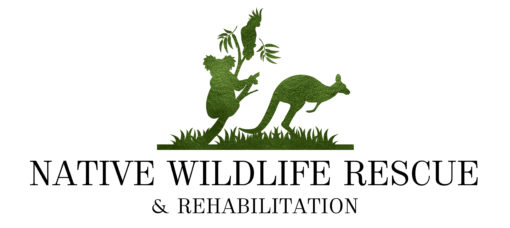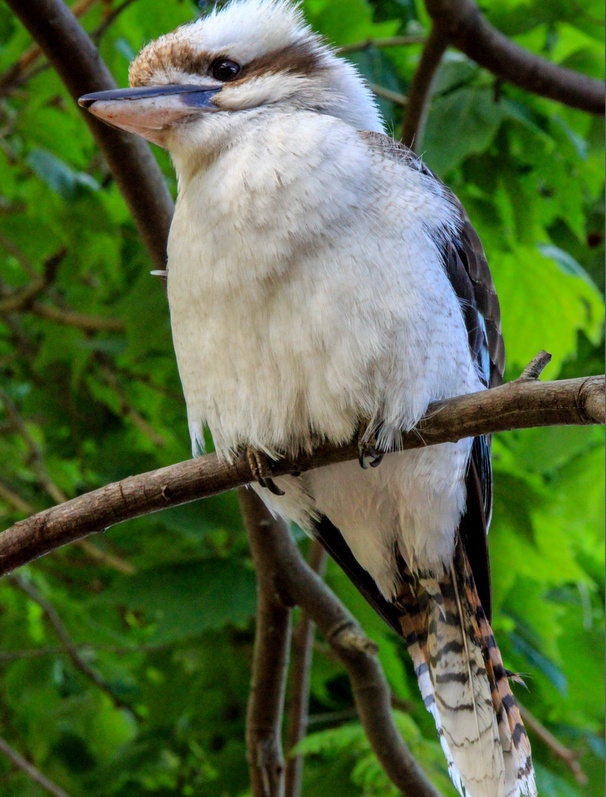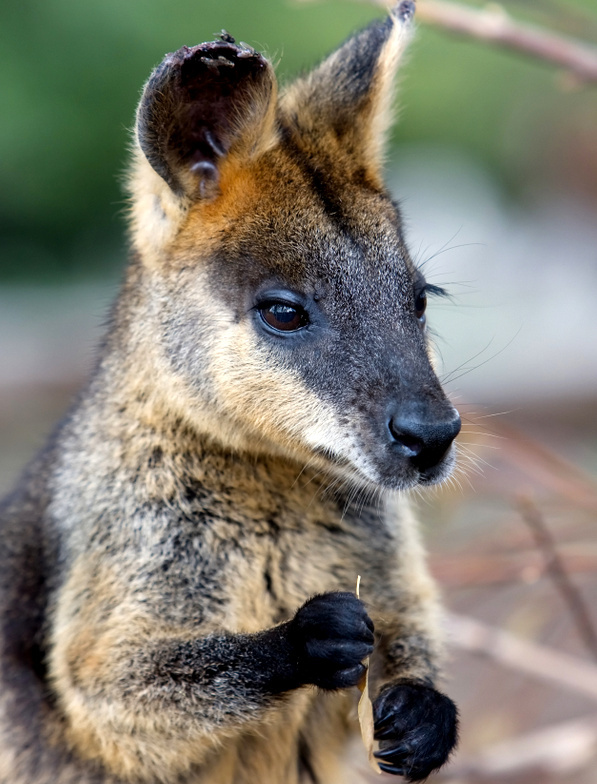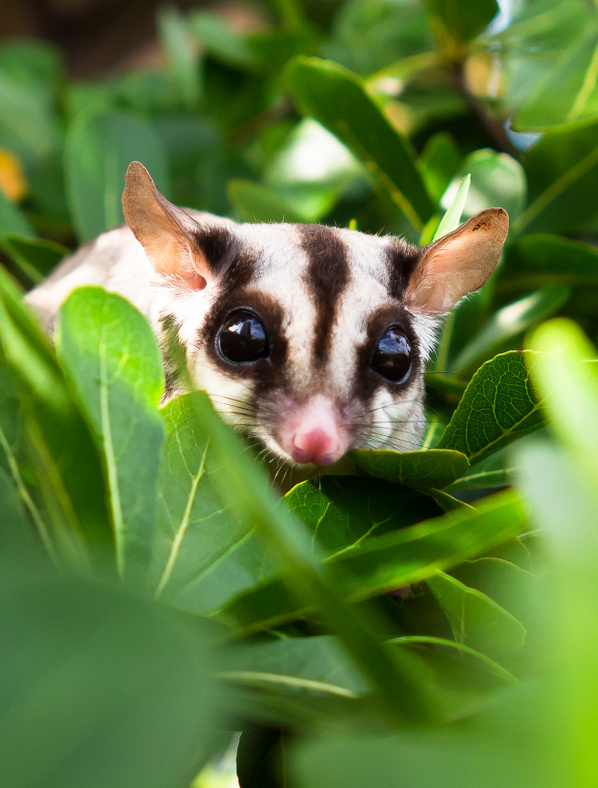
About Native Wildlife Rescue
Native Wildlife Rescue (NWR) is a non-profit organisation that helps rescue, rehabilitate and release wildlife back into their natural habitat in NSW’s Southern Highlands.
“Australia has the highest rate of mammal extinction in the world even though many of our species are not found anywhere else on Earth. For this reason, we are responsible for safeguarding our wildlife and the fragile ecosystems that support them.”
Richard “Woody” Woodman, Co-Founder of NWR.
The operators of Native Wildlife Rescue [NWR] are regional members of Wildlife Rescue South Coast Inc [WRSC] and is licensed by the Office of Environment and Heritage [OEH].
The journey for NWR’s founders, Richard “Woody” Woodman and Kerstin Schweth, began in 2004 when they became involved in the rescue of ringtail possums on Sydney’s North Shore.
Upon moving to the Southern Highlands in 2006, the couple underwent additional training in the rescue and rehabilitation of flying foxes, reptiles, macropods [kangaroos, wallabies, wallaroos] and other endemic marsupials, including wombats and koalas.
Today, their rehabilitation centre encompasses 6.57 hectares of verdant pastures and bush and nestles on an escarpment overlooking the Great Divided Range near Macquarie Pass National Park.
Drawing on his long and distinguished career as an airline captain with Qantas, Woody served several years as President of WRSC and, together with Kerstin, coordinated the rescue efforts with other licensed Wildlife Rescue South Coast wildlife carers in the Southern Highlands region. They also assisted with the long recovery and release of up to 40 wildlife at any time.
Additionally, the couple managed and coordinated the veterinarian care and placements of rescued wildlife outside of the region, sharing the rescue operations with like-minded organisations and carers across the state.
Before Woody’s sudden death in May 2020, the couple began planning for a Wombat Research and Rehabilitation Program in the aftermath of the Black Summer mega-fires.
Kerstin continues to headline NWR with her volunteer team.
Native Wildlife Rescue is always grateful to receive further funding for the day-to-day feeding, care and recovery of sick or injured wildlife in the Southern Highlands. Please email us if you would like to make a donation.
WRSC 24 hour Hotline:
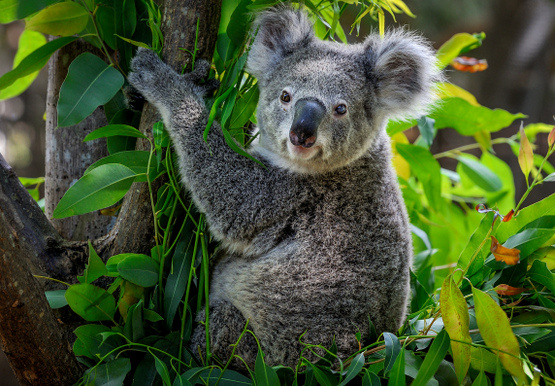
Statistics
Native Wildlife Rescue plays a vital role in the ongoing welfare and survival of our iconic native wildlife in the Southern Highlands, NSW.
Without the generous support of the vets, volunteers and the community at large, we would not be able to assist the 1500 animals we receive calls for each year or help rehabilitate the 60-plus wildlife that remains under our supervision, both at our care centre and across other WRSC sanctuaries in the Southern Highlands.
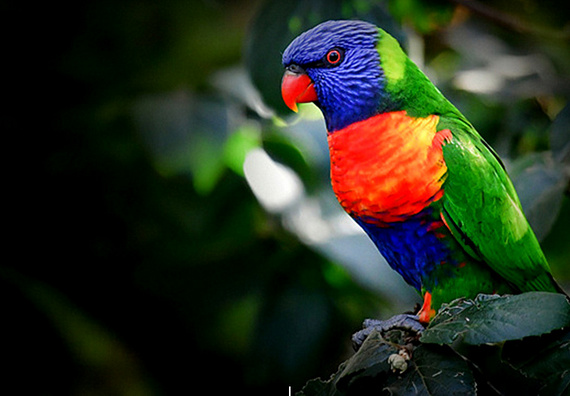
Membership
Though we assemble the best-trained carers who work within the strict guidelines and policy actions of the NSW National Parks and Wildlife Service in the RRR process [rescue, rehabilitation and release] of all wildlife, we still require your help.
Become a Native Wildlife Rescue member and foster carer of an animal during its recovery. Annual memberships cost $25 per year, and you can also ‘adopt’ an animal for $10 per month.
As a non-profit organisation, all funds will go towards their 24-hour care, and contributions are tax-deductible.
Our Rehabilitation Centre
As dedicated conservationists, our mission is to rehabilitate and help facilitate the return of all injured, sick and orphaned wildlife to their natural habitats throughout the Southern Highlands.
To achieve this, we bridge our knowledge and regulatory practices with local WRSC members and build upon our capabilities and network synergies with other licensed wildlife rescue organisations in every facet of Native Wildlife Rescue‘s extensive rescue and rehabilitation operations. They include other local volunteers and wildlife rescuers who advocate our humane principles and commitment to wildlife.
In the same way, we are steadfast in preserving the integrity of the animals, reptiles and birds in rehabilitation.
Any interaction with wildlife is only permitted under controlled and supervised conditions.
